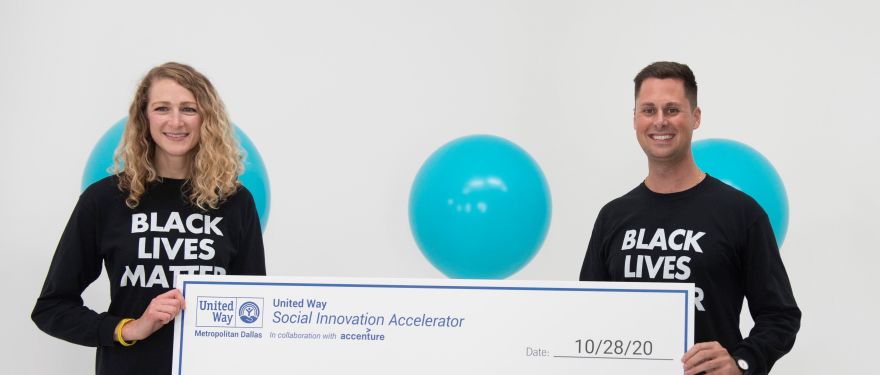I remember feeling tense on the day of my HBS interview. Not only because I was nervous about the interview—although I was—but because if I was admitted, I was unsure whether I belonged at HBS. I am a Midwestern, first-generation college graduate from a blue-collar family. It didn’t matter that I spent six years living in New York and Switzerland and that I built my career in public accounting and finance. Harvard—and the Ivy League for that matter—always felt like a place for other people.
I’ve been through transitions before. I went from playing basketball on a rundown outdoor court to world-class facilities at the University of Kansas. I went from a 100-person hometown to a metropolis of 8 million. I went from shoveling mud for my family’s water well drilling business to working in private equity deals. But the day of my HBS interview, I still felt intimidated.
Happily, those fears were unwarranted. From my HBS interview to my graduation, I met one warm, interesting, accomplished person after another. My classmates were as different from each other as I was to them, in their demographics, their career paths to HBS and their post-HBS plans. It was liberating because our mutual differences gave me permission to be myself and to find my tribe –among other entrepreneurs.
Every HBS student faces the impossible task of dividing two precious years between academics, personal growth, socializing and career preparation. Entrepreneurial students agree that a substantial part of their HBS pie chart should be spent building things and learning a whole lot about startups. In turn, we learn about ourselves in the process. It didn’t take long for those of us with the startup bug to congregate at the Harvard Innovation Lab (the i-lab). Some of my fondest memories are of late nights with my peers discussing ways to tackle a problem or polishing our entries for a pitch competition. The camaraderie among my i-lab crew lasts to this day, as we congratulate and commiserate with one another throughout our entrepreneurial journeys.

I feel fortunate that I launched my organization right after graduation. I am Co-Founder and Co-CEO of Trey Athletes, a non-profit youth sports startup that empowers athletes to be leaders, role models, and influential voices for their communities. I have a personal connection to the mission, after witnessing many of my athlete friends fail to get the education, experiences and well-rounded identity to succeed in life after sport. Trey Athletes is headquartered in Dallas, TX, and since launching in 2018, we have grown to serve high school athletes and their families from 43 zip codes. Trey was recently named Social Innovator of the Year—Audience Choice by the United Way of Metropolitan Dallas. Our next project, called Trey SZN 3, is our most ambitious yet. In March 2021, Trey will launch a virtual programming series for high school teams. First, Trey will provide amazing speakers and content through a series of virtual events, similar to Trey's past virtual Q&As with Dirk Nowitzki and Jalen Brunson. After each event, coaches will lead a debrief conversation with their teams using Trey-provided materials. The program is free and Trey welcomes any coach in any sport or location to sign up. Anyone can nominate Coaches and Athletic Directors to learn more by filling out this Coach/AD Nomination Form.
Trey Athletes wouldn’t be where it is today without our time at HBS. Alongside my Co-Founder and Co-CEO Brian Reynolds and team, we participated in every possible entrepreneurship resource, including the i-lab Venture Program, the Rock Accelerator, Startup Bootcamp and the President’s Innovation Challenge, in which Trey was a finalist. Along the way, we received incredible advice, funding, workspace and other resources from a long list of mentors, advisors, professors, alumni and HBS staff. Attending HBS was the best thing for me and for Trey Athletes. And for anyone else who is wondering: yes, you do belong at HBS. Take it from me.

